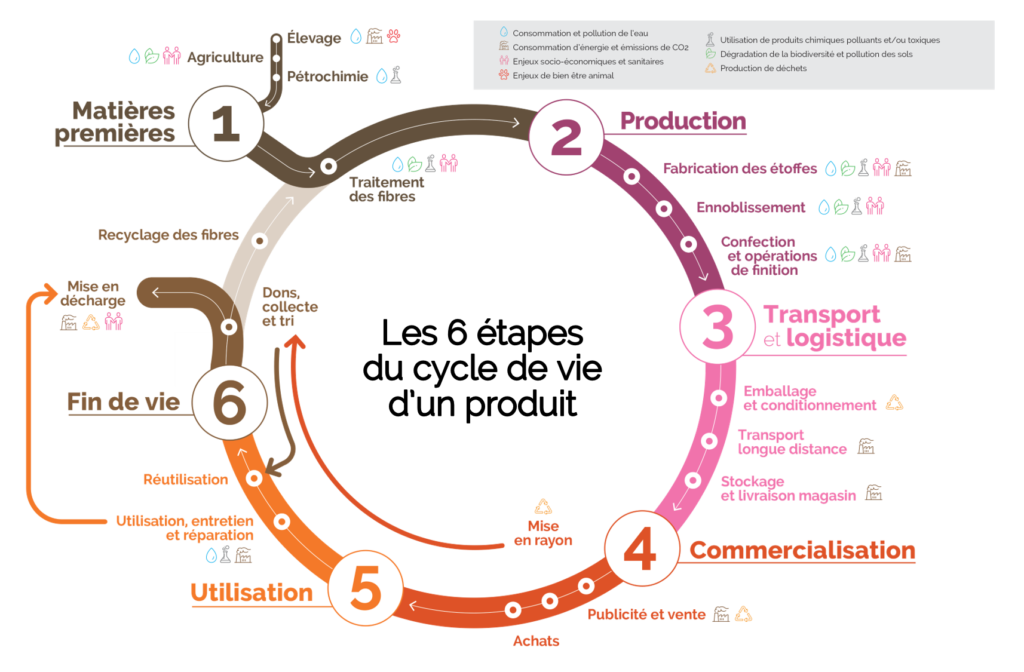La Rose et le Renard it is...
A matter of the heart
A brand committed to children
The brand's leitmotiv is poetry, enchantment, movement and play. We invent fashion to make children happy. The brand is also committed to being eco-friendly in preserving flora and fauna. That's why La Rose et le Renard is a brand name inspired by two endearing characters from Antoine de Saint - Exupéry's children's tale 'Le Petit Prince'.
The Rose represents love, a deep and fragile feeling that the Little Prince discovers. For our brand, the Rose symbolizes a little girl experiencing the fragility of feelings. The Rose is also a symbolic representation of the flora we must safeguard for our children.
Le Renard (The Fox) teaches the Little Prince about friendship, that tender bond of attachment to others. For our brand, the Fox is a happy little boy surrounded by friends with whom he can play and have fun. The Fox is also a symbolic representation of the fauna that must be protected.
As they grow up, children experience these two feelings very strongly. They grow through contact with others, playing, learning and becoming attached. They become part of the bond that unites us all!
This brand is a hymn to childhood.
La Rose et le Renard is a brand committed to a responsible approach. Our aim is to limit the ecological impact of the textile industry. We strive to produce sustainable clothing that respects flora and fauna. This brand recounts the adventures of an entrepreneur committed to the cause of ecology.
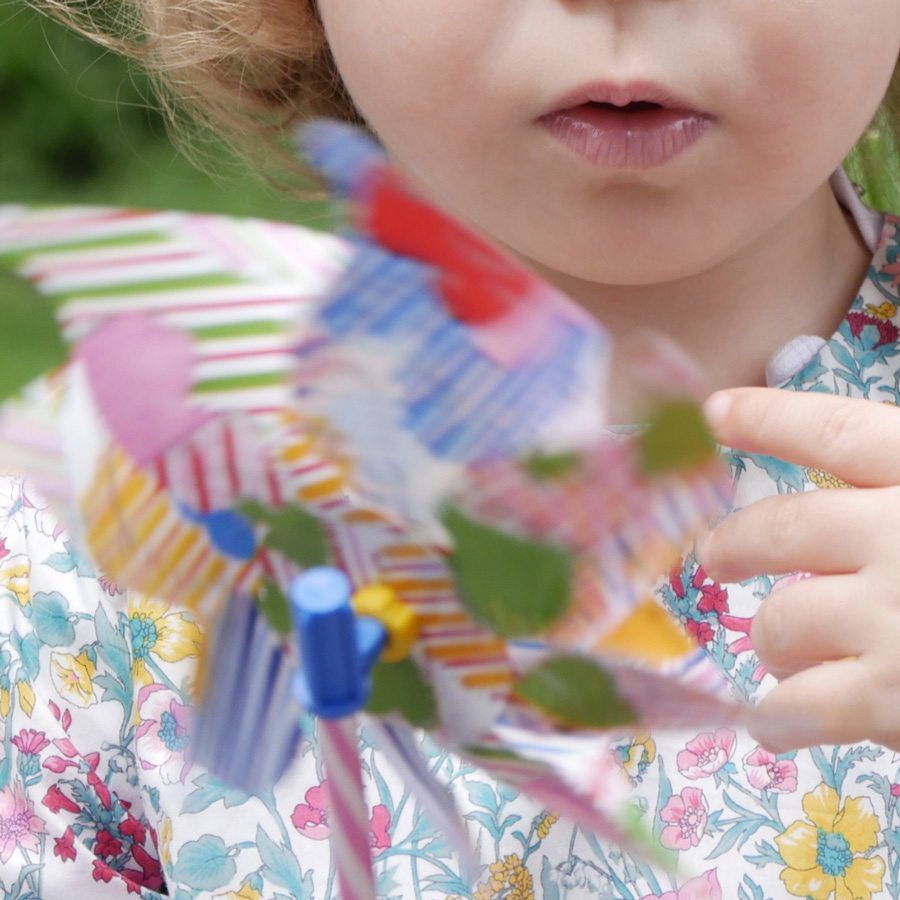
A family adventure
I decided to start making eco-friendly clothes for my children, for their planet. I was fed up with buying 'made in China'. I didn't want my children to carry the ecological debt on their backs any longer. we leave them as a legacy.
With the help of my mother, an experienced seamstress, a designer of chic and elegant clothes since childhood, I embarked on this adventure with my daughter as my model. I created the 'La Rose et le Renard' brand.
3 generations united around a project that makes sense.
Liberty Fabrics
Enchanting, poetic
clothing with Liberty Fabrics
Eco-friendly
A choice of eco-responsible, environmentally-friendly products
Made in Europe
Fair trade clothing, made in Europe
It's also about responsibility and fairness
Liberty Fabrics, an exceptional fabric
Creating chic, poetic and elegant garments, with, as the starting point Liberty Fabrics
• Liberty is a sturdy fabric, woven and printed in Italy,
• A luxurious fabricdriven by a creative and artistic approach to enchant young and old alike,
•Liberty fabric is subject to European REACH regulations in its manufacturing processes, guaranteeing responsible and ethical design.
Une marque responsable
Choose responsible, environmentally-friendly products :
• Our linings and fabrics are chosen without pesticides, certified to at least Standard 100 by OEKO - TEX, and produced in Europe.
• We want to help limit soil pollution, the use of oil and the excessive use of water to manufacture raw materials.
• After that, our vocation is to find virtuous fabrics like wool, linen made in France and GOTS-certified cotton. We will also use fabrics from the recycling sector.
• We make little or no use of synthetic fabrics or accessories except for zippers and elastics, which are difficult to replace.
An ethical approach
Fair trade clothing made, in Europe :
• We work with partners in France whenever possible. Our boxes and labels are made in the Hauts de France region. Garment production is supervised by a company with expertise in high-end tailoring, also located in the Hauts de France region.
• The garments are made in Europe, and for this 2022 collection, in Ukraine. The proximity of the manufacturing site limits pollution, and that's important to us. But prices are higher and margins lower than in Asia.
• French labor law in France and other European countries govern working conditions. We, like you, can be sure that we pay our employees correctly, that they are of legal age, and that they have a fixed working time.
Défendre la qualité
Durable, timeless clothing that fits everyone :
• Our clothes can last for years, so there's no need to overproduce. La Rose et le Renard markets small series and requires top-of-the-range tailoring to ensure that the garments last.
• Our cuts and tailoring are designed to fit all body shapes with elegance. Easier said than done, but that's what we're all about: dressing all pretty Roses and gentle Foxes, whatever their morphology.
• Our clothes never go out of style. We make chic, timeless children's fashion inspired by French elegance.
• We'll be proposing solutions for repairing clothes and recycling them, because we don't want them to go to waste.
Find out more about our commitments, find out more about our idea of responsibility on our blog.
Why is it important for us to be eco-responsible and ethical ?
The impact of fast fashion
La production de masse mondialisée, appelée aussi ‘fast fashion’, entraîne des stocks importants, une politique de rabais pour écouler les stocks. En nous incitant à acheter toujours plus et moins cher, l’effet pervers est qu’il en coute à l’Homme et à la planète.
Everything is pulled down : fabric quality, tailoring, wages.
Dans ce système globalisé, la matière première est achetée au moins disant. Pour produire pas cher des tissus, les industriels utilisent en quantité de l’eau, des produits chimiques polluants / toxiques. Ils dégradent la biodiversité et les sols. Ils sous paient leur main d’œuvre en créant des effets sanitaires pervers comme la contamination de l’eau en polluants chimiques. Ils émettent des émissions importantes de gaz à effet de serre avec une énergie issue du charbon.
En Europe, la réglementation REACH encadre et limite l’utilisation de produits chimiques dans la fabrication des tissus.
La teinture des tissus Liberty Fabrics est soumise à cette règlementation, car ce tissu est fabriqué en Italie. C’est dans l’ADN de notre marque responsable que de lutter contre ces pratiques.
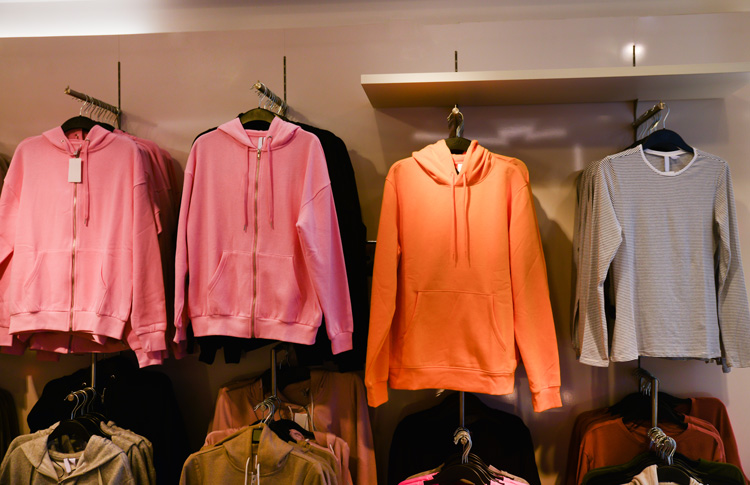
Illustration en chiffres:
According to ADEME, the fashion industry worldwide emits 1.2 billion tonnes of greenhouse gases, i.e. 2% of all greenhouse gases. "In 2050, the textile sector would even emit 26% of global greenhouse gas emissions if current consumption trends continue.
Cotton , a raw material , accounts for 25% of the world's textile production and consumes ¼ of the pesticides used worldwide . Organic cotton excludes the use of chemical pesticides and reduces water consumption by 80%.
It takes 2,700 liters of water to produce a cotton T-shirt in regions where water is scarce (Central Asia, Pakistan, Australia).
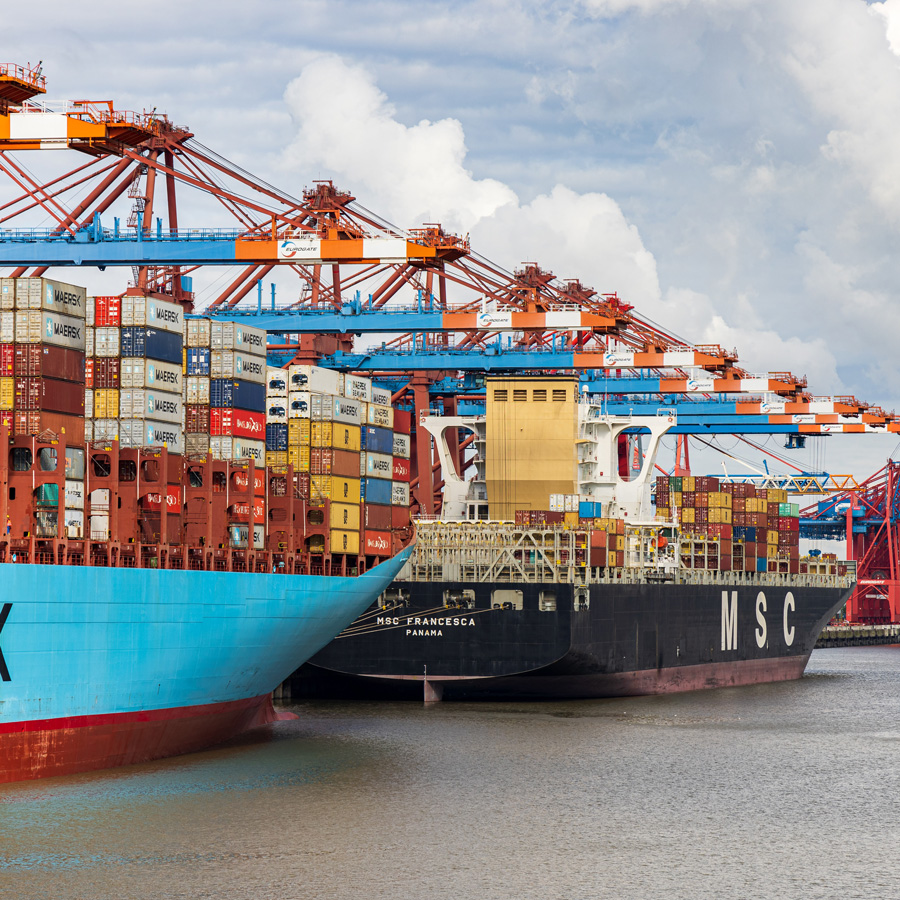
A polluting industry
Le transport et la logistique impactent la production de déchets, la consommation en énergie et donc en émission de gaz à effet de serre.
La main d’œuvre bon marché a délocalisé les lieux de fabrication en Inde, au Pakistan, au Bangladesh, en Chine et maintenant en Afrique. Les produits sont conditionnés unitairement dans des polybags en plastique. Ils sont mis en porte – conteneurs pour faire le tour du monde.
L’achat et l’entretien des vêtements émettent des déchets et des gaz à effet de serre: les déplacements pour l’achat, les lessives polluantes, le repassage, le sèche-linge.
La fin de vie des vêtements créée des effets sanitaires et écologiques. Dans la plupart des cas, les vêtements sont brûlés, enterrés ou pourrissent dans les décharges à ciel ouvert, rejetant des polluants dans les sols, l’eau et l’air.
Find out more about our commitments, find out more about our idea of responsibility on our blog.
Difficult working conditions
Last but not least in this painful equation comes the working conditions offered to employees.
Les lois des pays européens encadrent le travail et offrent une protection sociale. Contrairement à un ensemble de pays, il est impossible de faire travailler des mineurs, de les payer en dessous des minimas sociaux. Ces règles limitent le nombre d’heures travaillées et encadrent les jours de repos.
China alone produces 40% of the world's clothing. It puts in place laws that it does not enforce.
La mise sur le marché de vêtements de mauvaise facture est source de pollution à grande échelle. L’industrie textile en Asie surutilise des ressources de notre planète et contribue à créer de la misère…tout ça pour produire des tee-shirt porté deux mois avec les fameuses coutures qui tournent ! C’est triste vous ne trouvez pas ?
En créant la marque la Rose et le Renard; nous voulons que les vêtements durent et perdurent. En achetant moins et mieux, nous pouvons contribuer à prendre soins de la santé et l’écosystème des roses et les renards!
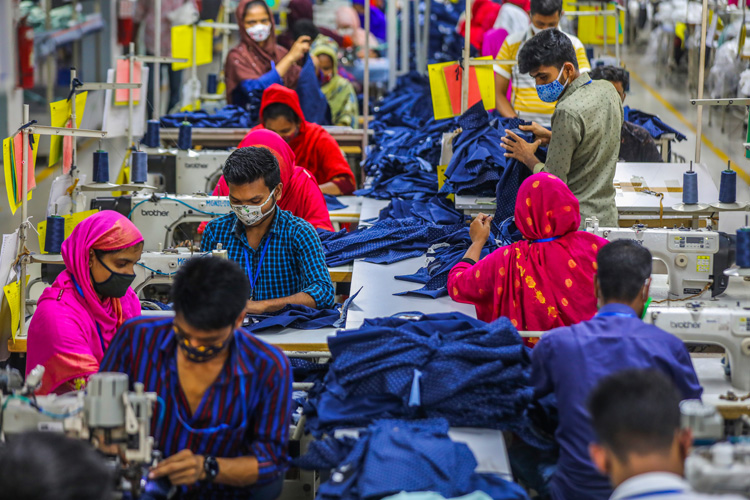
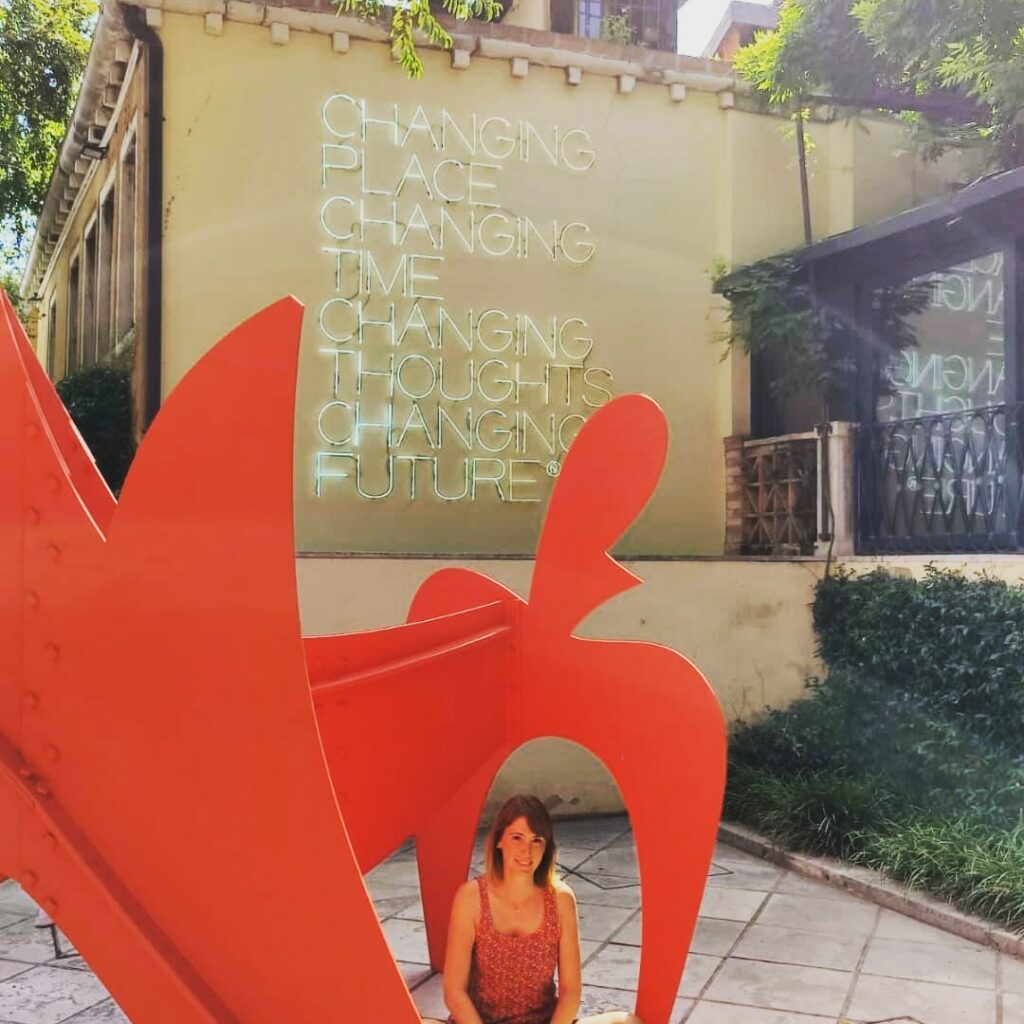
Nos engagements et partenaires
Parce que nous ne sommes pas les seuls à proposer une alternative à la fast fashion, La Rose et le Renard adhère à l’association Fashion Green Hub et En Mode Climat, deux organisations qui œuvrent pour informer des bienfaits d’une consommation éthique et d’une mode ‘responsable’. Comme eux, nous sommes convaincu que les entrepreneurs ont un rôle important à jouer en proposant des modèles socio-économiques vertueux.
La Rose et le Renard est aussi référencé par :
- le site du Made in France qui recense les marques qui fabriquent en France
- Slowlille qui référence les acteurs engagés dans la slow consommation dans les Hauts de France
Find out more about our commitments, find out more about our idea of responsibility on our blog.
